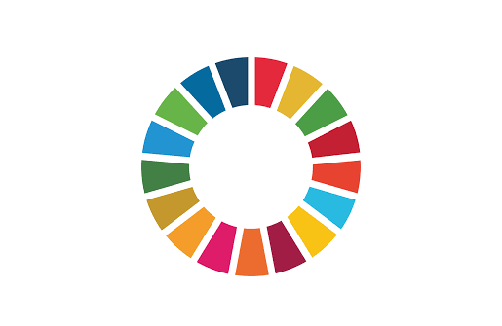
In the last two years, Rutgers Business School (RBS) has pioneered efforts to improve the quality of life and education for local and global communities. While the global Covid-19 pandemic has significantly impacted many of our community members and altered the landscape of our teaching and research, in many ways it has strengthened our resolve to address pressing social and environmental issues and accelerated our drive to innovate business education. In partnership with our students, faculty, staff, alumni, corporate partners, peer institutions, and non-profit organizations, RBS has continued its work in sparking business and social innovation, addressing issues of social and economic injustice, and improving sustainable business education.
In this report, you will find a sample and summary of many initiatives and accomplishments RBS has made in relation to the Principles for Responsible Management Education (PRME) organization and the U.N. Sustainable Development Goals since its prior report in 2019. A significant milestone for us was hosting the 5th PRME Northeast conference in Fall 2020, entitled “Sustainable Development Goals: Transforming Business Education and Practice,” which was hosted virtually attracting over 1,000 participants from 61 countries and 34 U.S. States. Another was co-hosting in June 2021 the Post-Pandemic Supply Chain and Healthcare Management Conference with the Institute for Supply Management (ISM), the oldest and largest supply management association in the world. The event, which hosted 528 industry and academic attendees across five continents, addressed critical questions of meeting the healthcare treatment and logistical needs across the globe.
As we look to the future, we aim to broaden the educational pipeline by serving underrepresented communities and populations. One significant effort in this area is the founding of the Rutgers Center for Women in Business, which through education, opportunity, and thought leadership, aims to remove barriers and empower women to succeed as business leaders. Another initiative is a lifelong learning program, the Rutgers Stackable Business Innovation (rSBI) Program, which aims to provide academic certificates to working professionals in emerging knowledge domains such as corporate social innovation, supply chain sustainability, and machine learning applications for businesses.
As we continue to address pressing issues of the 21st century, our faculty and staff remain committed to the importance of ethical, socially responsible, and sustainable business practices and education. I am proud of the work that we have done and will continue to do to support the PRME mission and the UN Sustainable Development Goals. It is our hope this report reflects that important work and spurs opportunities for collaboration with our PRME peers and community partners.
Sincerely,
Dean Lei Lei
Rutgers Business School